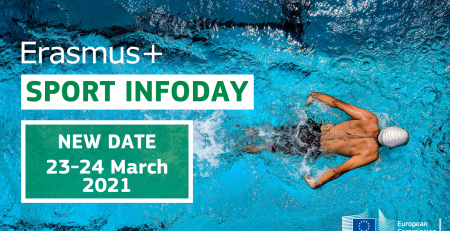Erasmus+ Training Course “Virtual Reality: Extremism and Radicalisation” Ended
Mano Europa participants came back from the Training Course “Virtual Reality: Extremism and Radicalization” implemented by the Youth Work Association. Together with the participants coming from France, Italy, Portugal, Germany, Serbia, Spain, Greece and Turkey they were learning about causes of extremism and radicalization, as well as increased their understanding about the role of youth work and the tools to respond to different levels of extremism and radicalization.
The partners of the project, hosted by the Youth Work Association, are: Paragraf International (France), Oriel ETS (Italy), TEATRO METAPHORA (Portugal), Pi Youth Association (Turkey), Sonntags-Club e. V. (Germany), KOM 018 (Serbia), Association Globers (Spain), Youthfully Yours GR (Greece) and Mano Europa (Lithuania).
Background and Objectives of the Project:
Devastating terrorist attacks in Europe and Turkey in 2015–16 have increased concern at levels of extremism, including violent extremism. The EU’s Terrorism Situation and Trend Report of 2015 referred to ‘unprecedented’ numbers of people going from Europe to Syria and Iraq to become involved in armed conflict. Meanwhile, right-wing extremist violence remains a significant threat to security across European states and Turkey.
Governments, policymakers and young people themselves are all concerned to deter young people from becoming involved in extremism, especially violent extremism. The Paris Declaration issued by the Council of the European Union in 2015 noted the rise of extremism in European society and expressed commitment to upholding fundamental values – including respect for human dignity, freedom, democracy, equality, the rule of law and human rights. It emphasized the role of education, along with the need for co-operation across the EU’s member states, to ensure that, ‘Children and young people acquire social, civic and intercultural competences, by promoting democratic values and fundamental rights, social inclusion and non-discrimination, as well as active citizenship.’
The training course aimed to enable participants to increase their understanding in this area and explore the role of youth work in response.
The training course’s objectives are to:
– identify and understand the causes of extremism and radicalization;
– recognize the importance of dialogue on the concept of citizenship and to explore questions of identity, including religious and political beliefs;
– equip participants with the ability to identify those most at risk and with tools to respond to different levels of extremism and radicalization;
– design and implement activities using the Erasmus+ framework to help young people at risk from extremism and radicalization.
The project is financed by the Erasmus+ Program of the European Union.

















